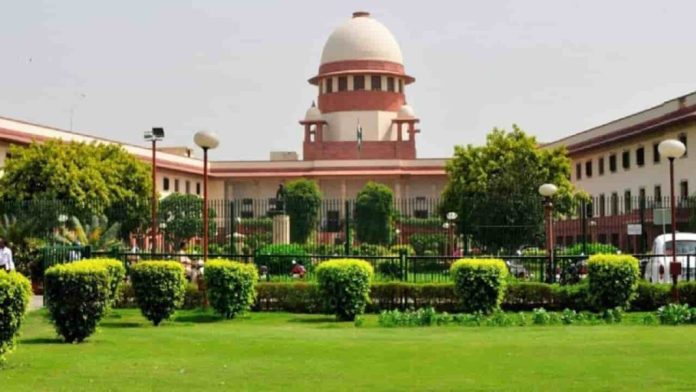The Supreme Court on Friday allowed Professor Hany Babu, an accused in the 2018 Bhima Koregaon violence case, to withdraw his bail petition on grounds of change in circumstances.
The Counsel appearing for Babu apprised the Bench of Justice Bela M Trivedi and Justice Pankaj Mithal, which was slated to hear the matter today, that the bail plea was being withdrawn. He added that they would move the High Court afresh for bail.
The Apex Court then allowed the withdrawal of the bail plea.
Citing the same reason (change of circumstances), Umar Khalid, an accused in the Delhi riots case, recently withdrew his bail plea from the Apex Court. His petition was also listed before the same Bench.
The Delhi University professor was arrested in July 2020 on charges of being a member of the Communist Party of India (Maoist) and being involved in conspiracy to attack Prime Minister Narendra Modi.
In September 2023, the Bombay High Court refused to grant him bail in the Elgar Parishad Maoists links case, leading to the present appeal before the Supreme Court.
In January 2024, the Apex Court had earlier issued notice to the National Investigation Agency’s (NIA) in Babu’s regular bail plea.
The DU Professor had earlier argued before the High Court that the letters cited by NIA to implicate him in the Bhima Koregaon case did not incriminate him. NIA had claimed that a letter found on Babu’s computer mentioned a conspiracy against Prime Minister Modi.
However, the accused maintained that the letter was neither written by him nor addressed to him. He added that the letter further did not mention any role played by him in the alleged conspiracy.
He submitted that the trial in the case was yet to commence and would take time to conclude as the NIA planned to examine over 200 witnesses for evidence in the charge sheet, which ran into more than 30,000 pages.
However, the High Court noted that the alleged offences were serious in nature and that evidence showed that the professor was an ‘expert’ in setting up appointments and developing code structure, which was ‘vital for secret communication’.
The High Court further noted that Babu appeared to be involved in ‘mass mobilisation,’ ‘party building’ and ‘analysis’ of the cities in the context of a larger objective of CPI (Maoist), a terrorist organisation.


